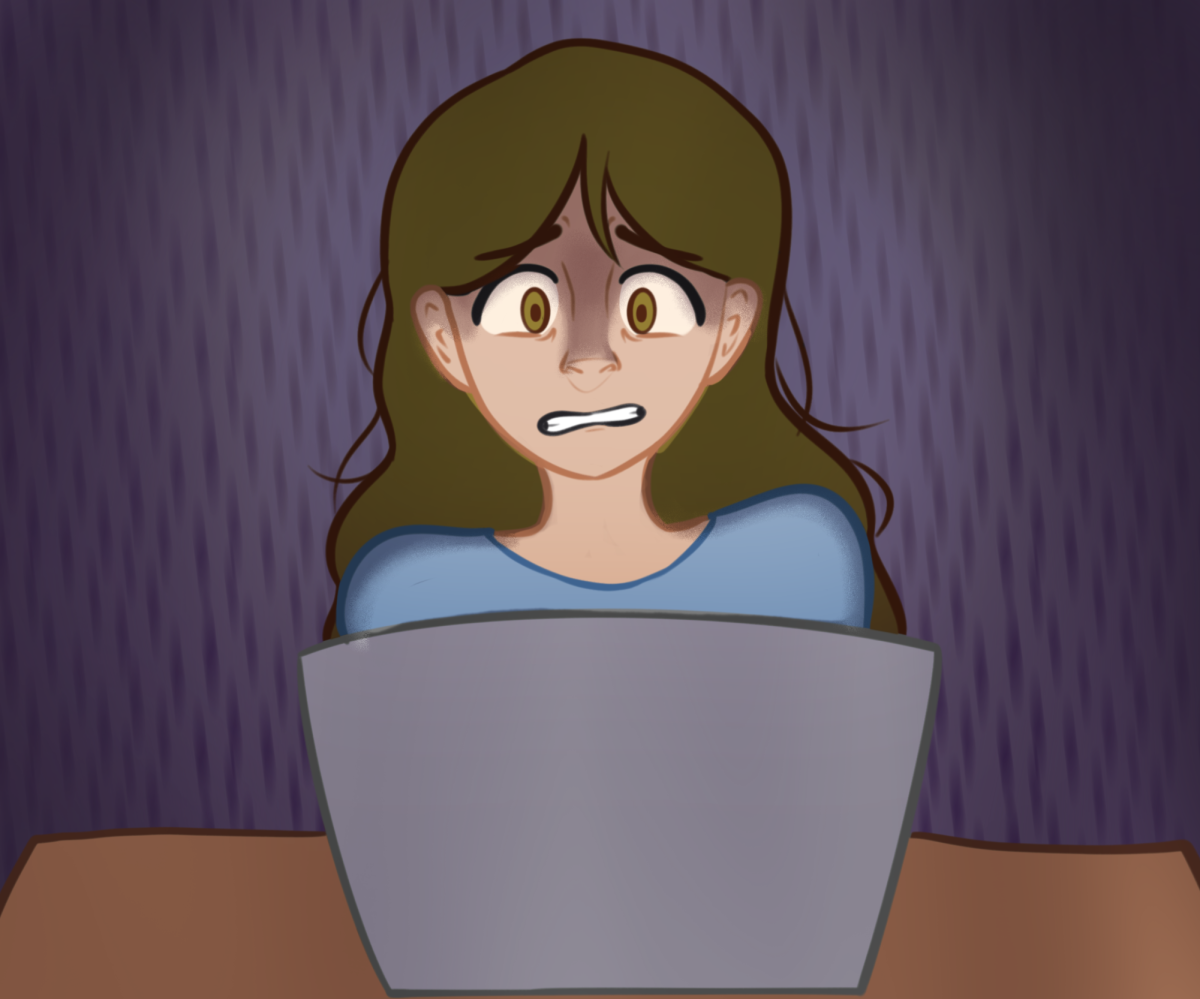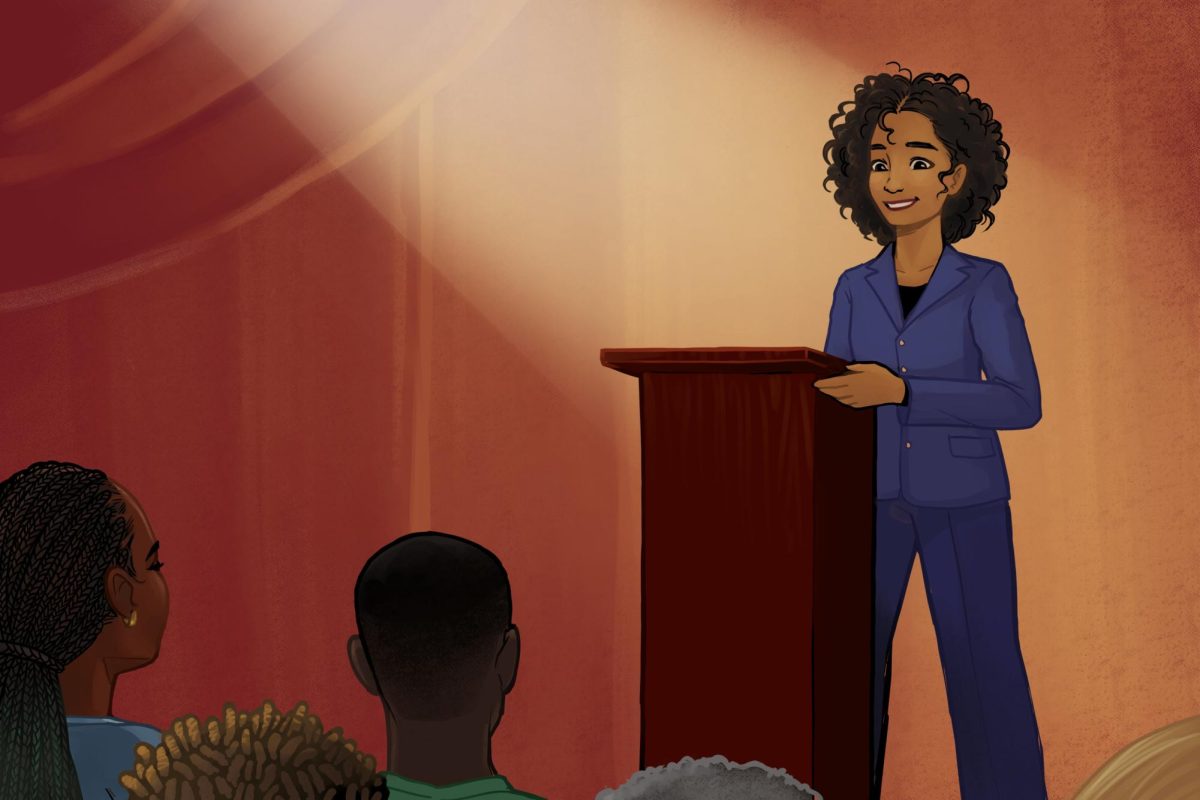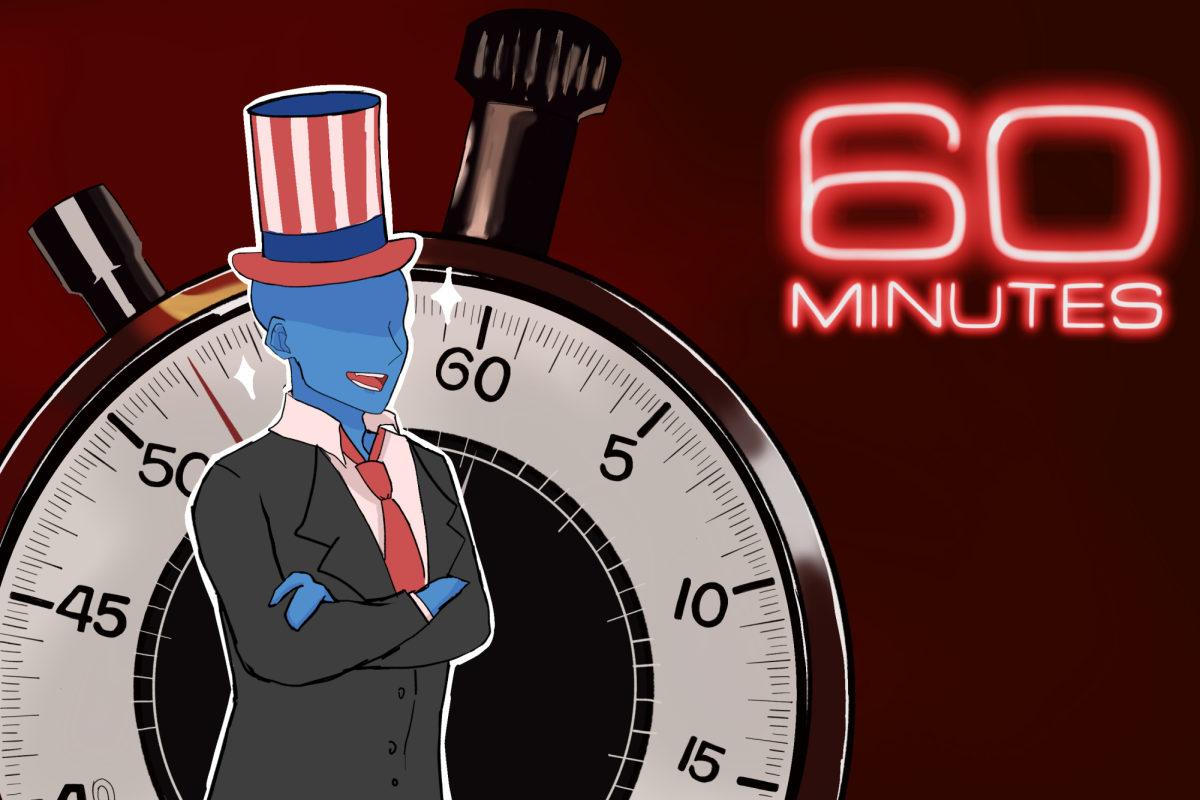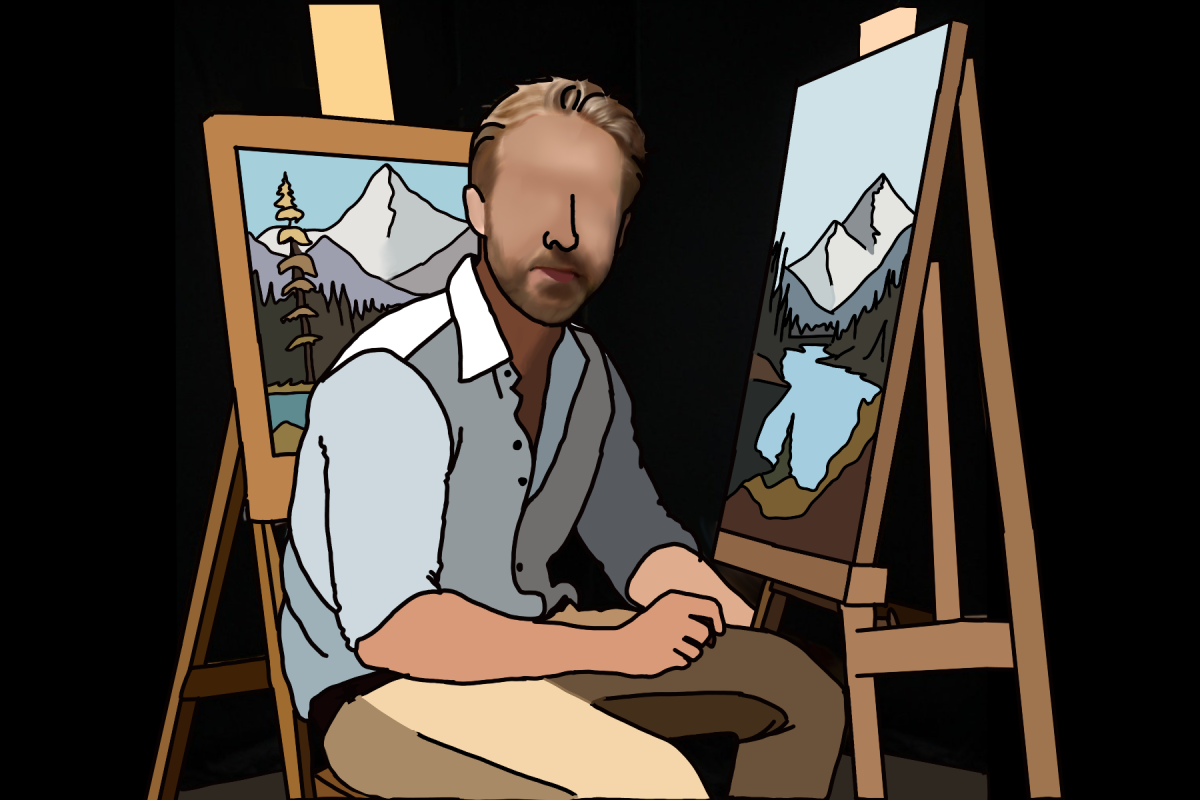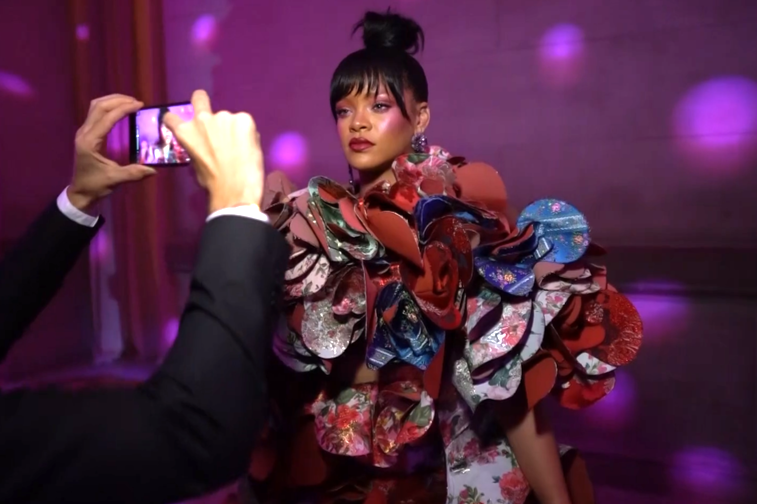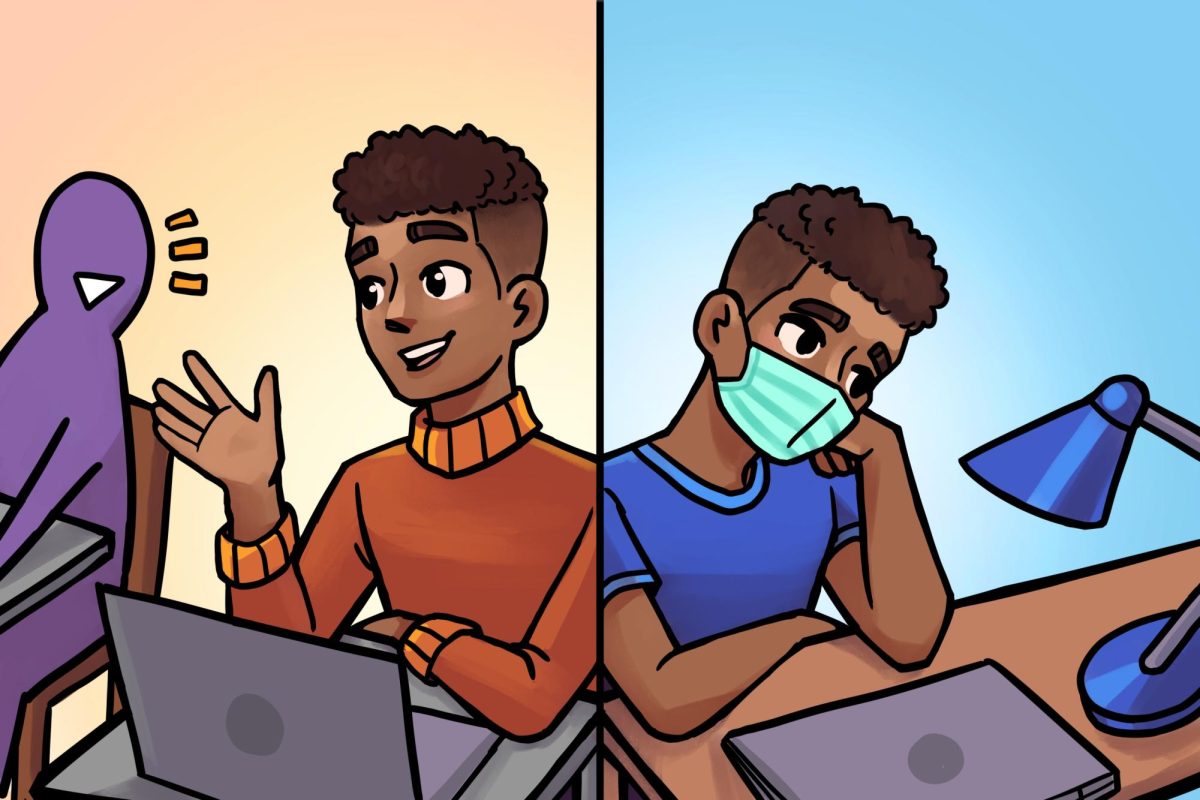Once upon a time, we used to trust artists. Now, we anticipate disappointment.
There is a certain joy to be found in waiting for a favorite content creator to lay another golden egg. But perhaps that is the problem altogether — art has become content, and we the consumers drive its steady flow, not the other way around.
In no fair and just world would conglomerates like the Walt Disney Company churn out an endless slew of spin-offs, sequels and unnecessary narrative appendages to their media franchises, such as Star Wars, if they didn’t value the consumer’s endless appetite over the quality of their product.
All large-scale franchises started as sparks of inspiration that grew into their own small, contained stories. But the inspiration and passion behind the stories only dim as their fiscal value is repeatedly taken advantage of.
Imagination sells, but at a grave cost.
Get The Daily Illini in your inbox!
Especially in the realms of film and television, the term “product” does not have to be synonymous with “mediocre.” It seems as though audiences have grown to expect to be inundated with content rather than waiting for something worthwhile.
It is in this sad mindset that we always forget about imagination.
It’s that wonderful tool many of us tossed aside one day and let it rust over. Imagination is creativity at its most personal — drawing on a person’s psyche to produce not only with genuine thought behind it but also with tangible humanity.
In theory, this is all cut and dry: Let the big media companies learn their lesson from both critical and streaming losses, and let smaller indie companies with real passion behind them take the reins of the industry.
But this is merely centered on cinema. There is a larger deficit of imagination, and that begins with us. It should not just be creators who use their individual and colorful minds.
This does not apply solely to children, as the word “imagination” is likely to conjure the image of a toddler sitting on the classroom floor over a blank piece of paper with a fistful of crayons.
Simple everyday adults especially should be using their imaginations on a regular basis. Surprisingly, it’s boring, old grown-ups who have the most active imaginations. It makes sense. They have more experiences, more desires and overall, a more developed worldview than someone who still has to raise their hand to use the restroom.
The real issue with this imagination deficit is not that it’s lacking in what we consume, but that we too often forget to use it ourselves. There’s nothing wrong with losing oneself in flights of fancy on a daily basis. In fact, it can give valuable insights to one’s desires and worries.
The sad truth, however, is that the simple ability to let one’s mind have its own little recess has become commoditized. We see this throughout the media landscape, especially with the constant deluge of content across streaming platforms.
Too often do we complain about the hordes of mediocre content to be found across platforms like Netflix and Disney+, only to unanimously celebrate when a special something emerges that has competent writing and direction.
This shouldn’t have to be a rare occurrence.
The most publicized example of this is found again with the Star Wars of recent years. First came the inundation of mediocre content that rode the waves of nostalgia bait and manipulation of fan’s expectations, as in the cases of Obi-Wan Kenobi and The Book of Boba Fett.
But then emerged Andor, a television miniseries with only the most minor connections to a larger convoluted narrative. It focused on original characters with intentional writing and development behind them — the tangible bit of humanity was shining through the cracks.
This being said, there is absolutely nothing wrong with enjoying any piece of media, no matter what any critic, online pundit or makeshift media journalist behind a two-bit microphone has to say about its inherent value.
This columnist admits a strong love for things one might consider “throwaway content” like unironically intense cooking competitions on the Food Network. In addition, this columnist has seen most of the recent miniseries of a certain large comic-book franchise — and has found at least some genuine enjoyment in all of them.
However, stories with true imagination and passion behind them will always be welcomed more warmly by audiences. We love stories because they are, at the end of the day, about all of us.
A story written by a human, not a company, is what truly touches our hearts. And it’s in our own powers to tell them — all we have to do is let our minds wander, even for a blissful moment.
Aaron is a sophomore in Media.









